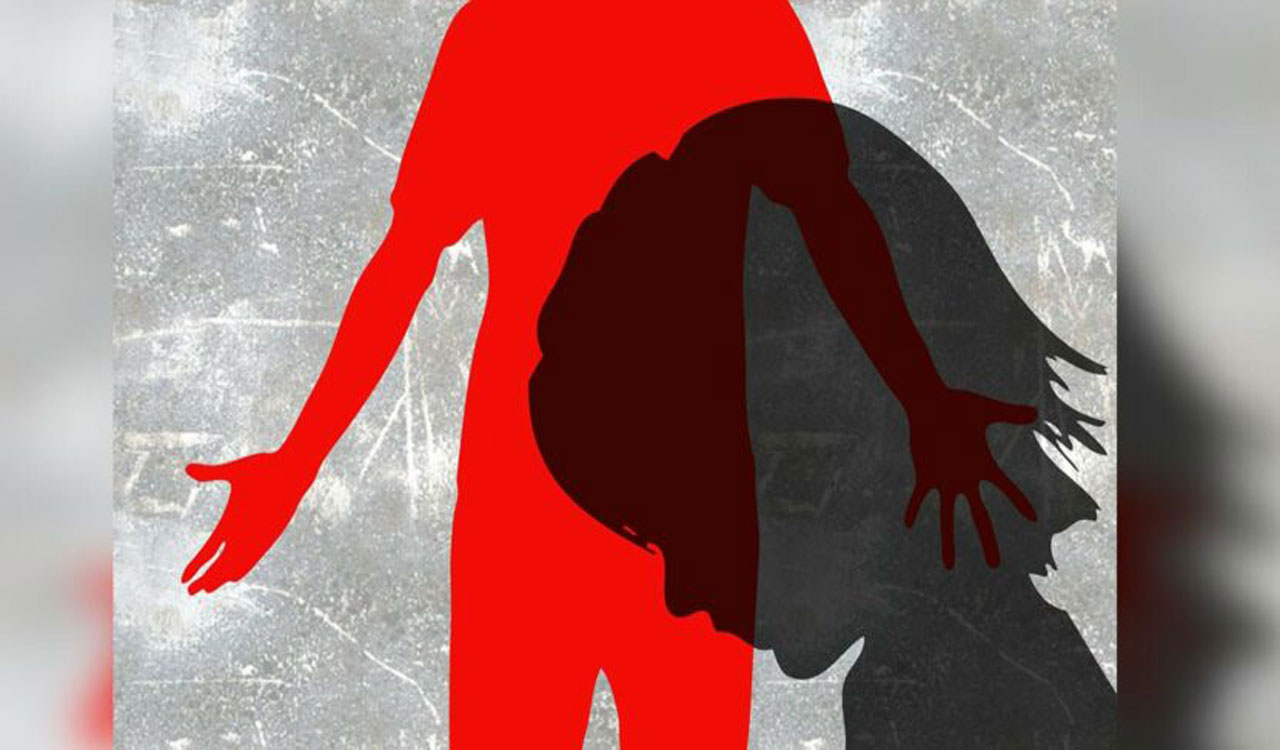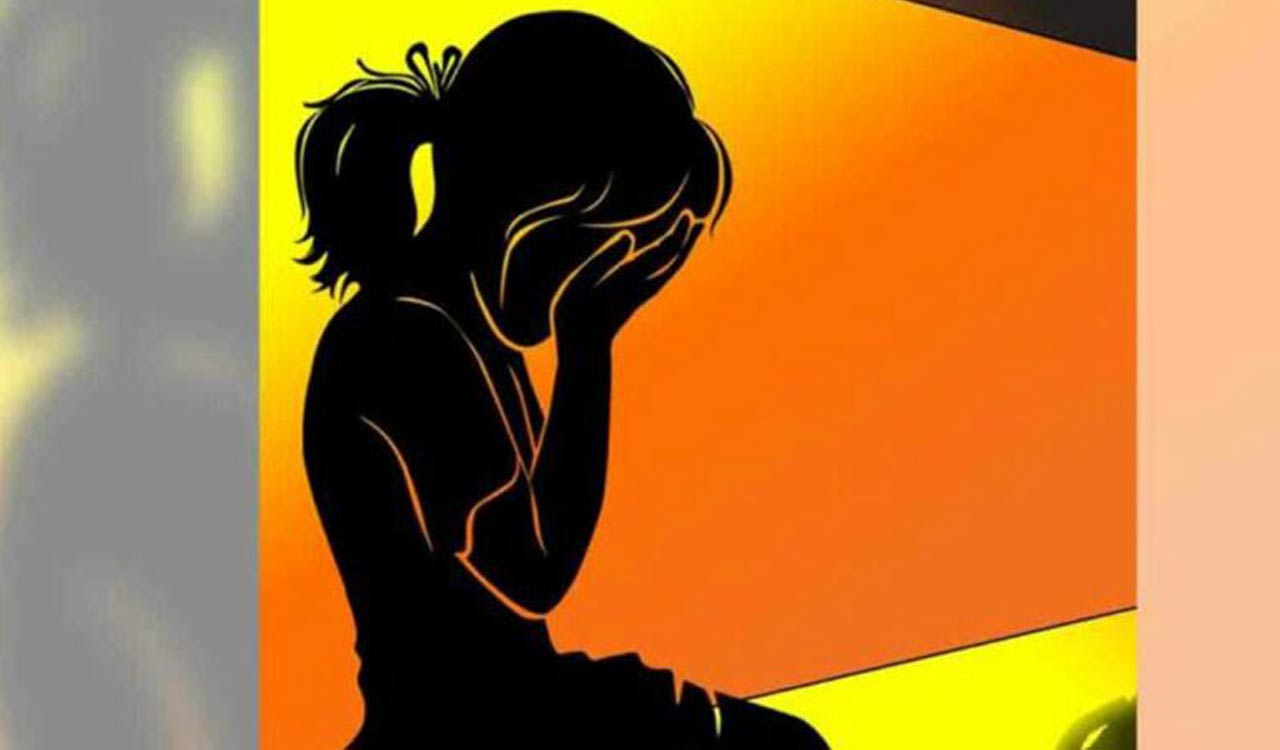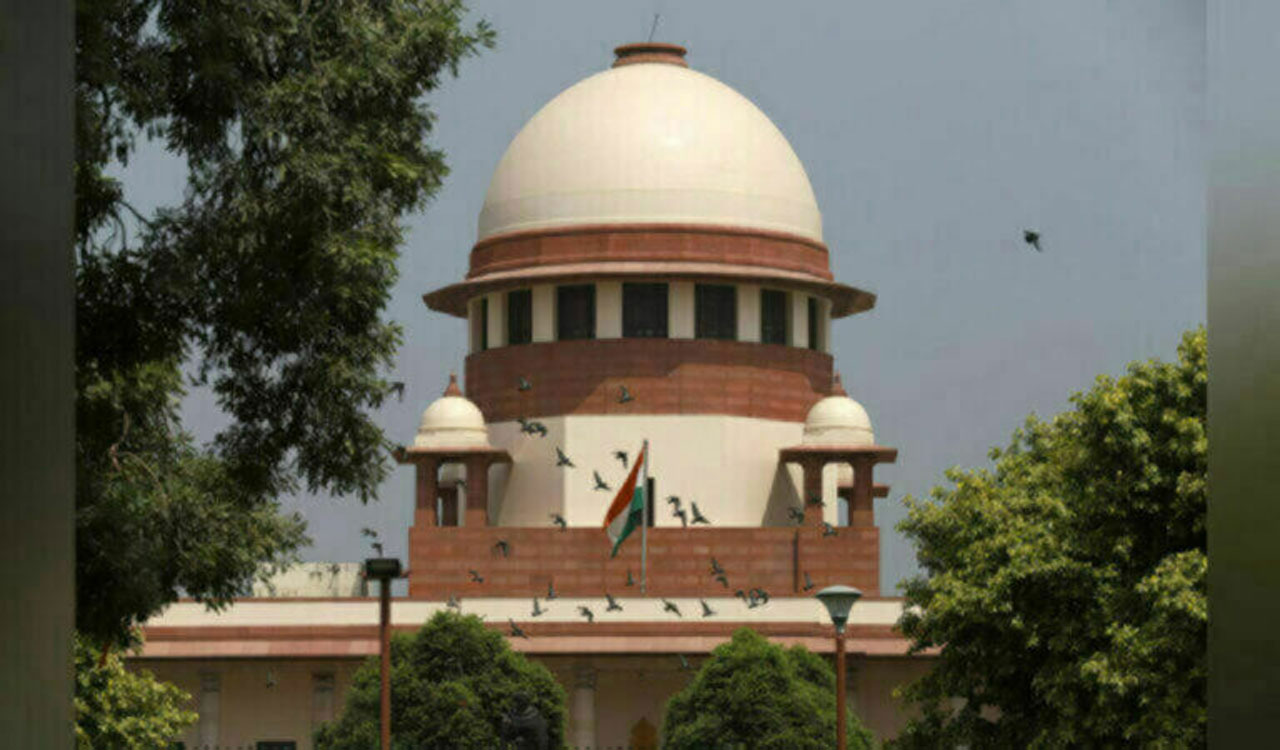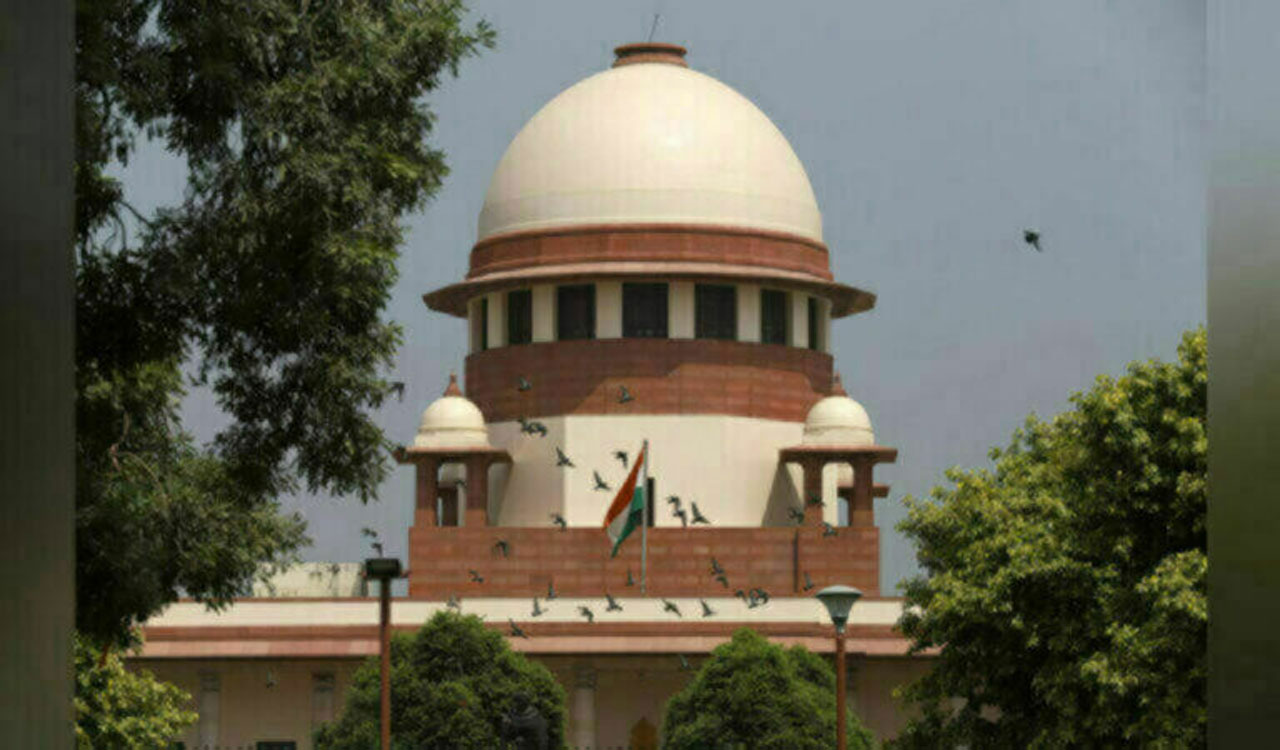Editorial: Silent suffering
SC expanding the scope of POCSO, in terms of taking legal action in child pornography cases, is a welcome development

Child sexual abuse, though rampant in India, is a much-neglected problem that fails to get the attention of policymakers. According to the National Crime Records Bureau’s data, nearly 29% of the child population experienced some form of sexual crime but yet only 65% of these crimes were reported. This is because of the social stigma associated with the issue and, shockingly, the perpetrators usually happen to be the close relatives or people known to the victims. Despite comprehensive laws like the Protection of Children from Sexual Offences (POCSO) Act, the instances of child abuse have been on the rise. Easy access to online explicit sexual content involving minors is one of the key aspects of this menace. The Supreme Court’s recent ruling expanding the scope of POCSO, in terms of taking legal action in child pornography cases, is a welcome development. In a landmark order, it ruled that downloading and watching sexually explicit content involving children are offences under the POCSO Act and the Information Technology Act. It implies that even viewing child pornographic material — without storing or sharing it — is tantamount to its possession. This is expected to go a long way in curbing the all-pervasive menace of sexual exploitation of children. The ruling overrides a January order by the Madras High Court that had held that “mere possession” or storage of child pornography was not an offence under Section 67-B of the IT Act.
The apex court rightly pointed out that child sexual exploitation is one of the most heinous crimes imaginable, and the offence of child pornography is equally heinous. The victimisation and exploitation of the child turn into a ripple of trauma-inducing acts where the rights and dignity of the child is continuously violated each time such material is viewed or shared online. Children are vulnerable to being targeted by predators everywhere — at home, on the school campus and in public places. Sexual abuse of minors is the elephant in the room, particularly in countries like India driven by patriarchal systems. Fearing ignominy, victims’ families tend to sweep the sordid matter under the carpet. With UNICEF flagging the widespread use of digital technologies as a factor behind this menace, it is essential to safeguard kids and deter potential offenders with a robust legal mechanism. The POCSO Act does have some stringent provisions, but their diverse interpretations by high courts have proved to be a stumbling block. Sexual harassment in any form leaves the kids psychologically scarred for life. It adversely impacts not only their studies and relationships but their entire personality. It is hoped that the SC’s intervention will motivate parents, educators and others to talk openly about sexual matters without a sense of stigma or shame. These stakeholders must also monitor the smartphone usage of children to ward off harmful influences.
Related News
-
Haiti gang attack on journalists covering hospital reopening leaves 2 dead, several wounded
13 mins ago -
21 dead as Mozambique erupts in violence after election court ruling
31 mins ago -
Cartoon Today on December 25, 2024
8 hours ago -
Sandhya Theatre stampede case: Allu Arjun questioned for 3 hours by Chikkadpallly police
9 hours ago -
Telangana: TRSMA pitches for 15% school fee hike and Right to Fee Collection Act
9 hours ago -
Former Home Secretary Ajay Kumar Bhalla appointed Manipur Governor, Kerala Governor shifted to Bihar
9 hours ago -
Hyderabad: Organs of 74-year-old man donated as part of Jeevandan
9 hours ago -
Opinion: The China factor in India-Nepal relations
9 hours ago




